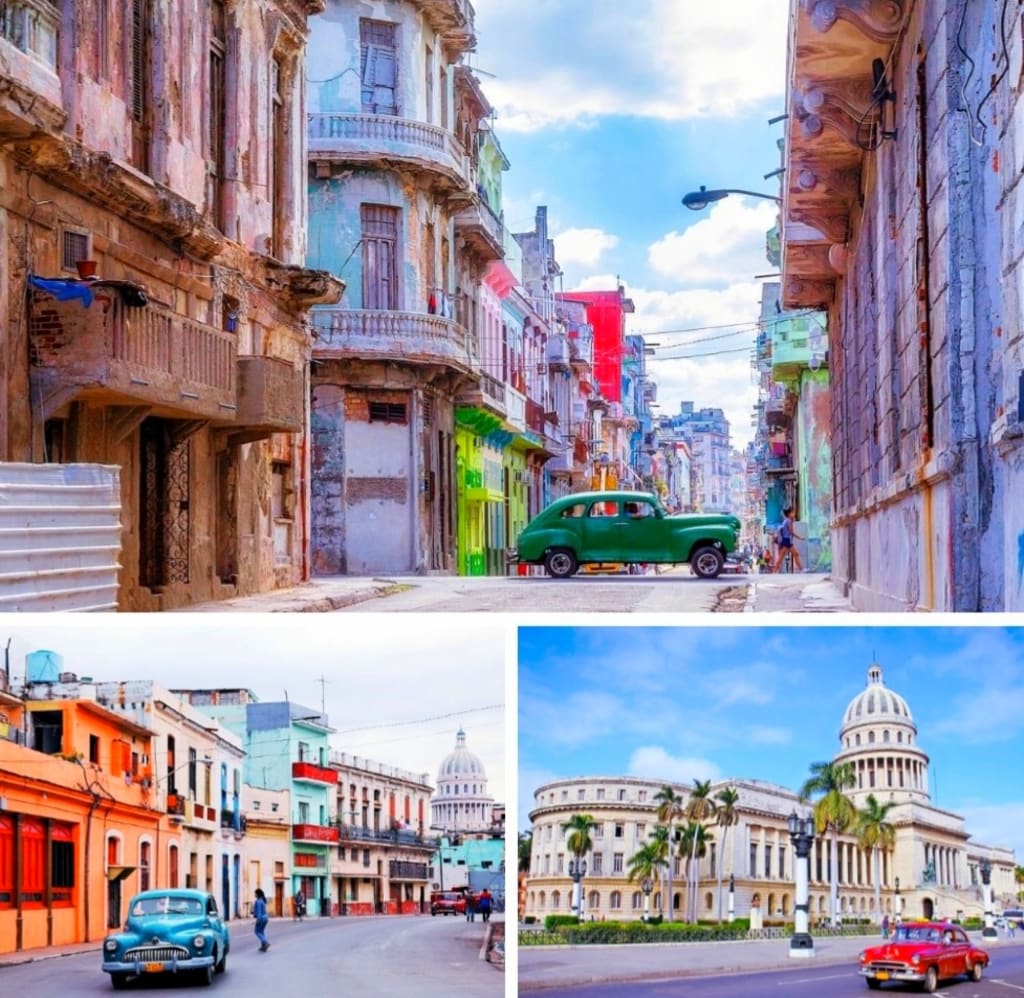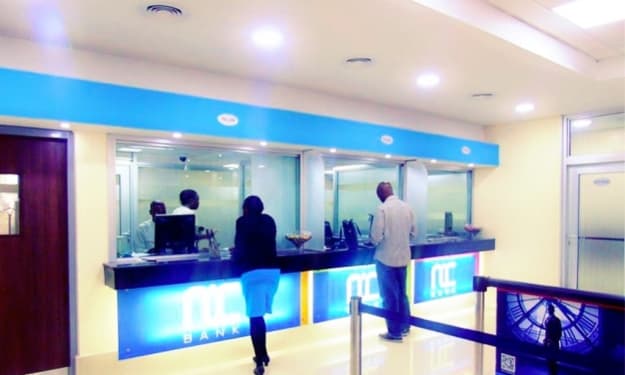Cuba's Economy Is Gradually Getting into the Picture
Havana

Cuba has an unsolved problem with Fidel Castro on the nationalization of American real estate, but she recently agreed to hold a referendum to turn it into an economy conducive to investment. Unfortunately, for the northern Caribbean country, they are not ranked in the global ease of doing business. This, of course, means that investors will not be interested in the land for business. With only 11,490,125 people, one would've thought that it will find it cost effective. Unfortunately, this cannot be said about the republic. Many obstacles in Cuba are slowing economic progress.
First of all, the sanctions which were imposed over half a century ago and was weakened a bit by former President Obama is a major factor. New directions in the 60-year conflict between Washington and Cuba have made it very doubtful that Cuba can attract investors. The US government has even strengthened sanctions against US-owned international corporations on the islands of Cuba.
Besides the sanctions mentioned above, Cuba has serious problems with risk assessment, in addition to liquidity problems weakening the economy. Unfavorable conditions, such as the trade deficit, affected national finances in all respects. Most Cuban companies do not pay workers directly, but all hiring processes are carried out by government agencies. Employment is a problem and must go through an intricate process before hiring someone.
According to the Cuban Statistical Office, the official average salary in Cuba was higher than the official average monthly salary, reaching 687 pesos or $ 25 in 2015. On the other hand, Cuba had an average wage of 494.4 pesos ($ 18.66) between 2008 and 2015. Economic experts expected tough measures in 2016 and will continue until 2019. This includes energy cuts, fuel by state-owned enterprises, reduction of raw materials and consumer incomes for the Cuban economy.
All these are serious obstacle to the growth of Cuba. Cuba is now working hard to change a lot. The country is gradually becoming capital-friendly. The opportunity for Cuba to attract investors depends on independence, not only on the United States. Due to factors such as terrorism, the new constitutional amendment which is expected to introduce more business-friendly systems, foreign direct investment and emerging tourism industries, Cuba is confident of a rise. The Cuban government is also keen to end complex dual currency systems. International investors should immediately turn their attention to Cuba.
With its neighbors, such as the USA, the Bahamas, Turkey, Caicos, Haiti, Jamaica, the Cayman Islands, and Mexico, Cuba hopes to become one of the best countries in terms of financial capital and economic production in this period. After a hard "push" in the previous years, things were just not working for the Caribbean island. At a cabinet meeting, the Minister of Economy and Planning of Cuba informed other officials that GDP growth this year has declined, since the expected income from activities such as tourism, growing crops and mining are the largest source of income. The Cuban services sector plays a leading role in tourism, retail, and finance, earning $ 1.7 billion. The main products are controlled by agriculture are sugarcane, potatoes, tobacco, rice, coffee, orange, livestock and nuts.
Brief Data About Cuba:
- Capital city: Havana
- Population (2019): 11,490,125
- Official language: Spanish
- GDP per capita (2015): US$8,433, up 5.9%
- GDP growth (2018): 1.2%
- Inflation (2018): 5.9%
- Currency: peso (CUP) and convertible peso (CUC)
- Corruption Perceptions Index rank (2017): 81
According to the Department of Foreign Trade and Investment, last year Cuba attracted $ 1.5 billion through Foreign Direct Investment in 40 new agreements. Cuba's last international fair drew more than 2,500 from 60 countries who were interested in many projects from mining and renewable energy, healthcare, food and tourism. In line with the organizers, the new project is worth $ 9.5 billion against $ 8.2 billion in 2017.
The Cuban Chamber of Commerce shows that the country can be viewed from a broader perspective. Cuba plans to diversify its business partners in Asia, Europe and Latin America to continue to promote the best from Cuba and reduce its dependence on the United States.
About the Author 🇬🇭
Osei Agyemang is a passionate and creative content writer / editor who is an expert in writing interesting and innovative contents. Osei is also an addicted travel enthusiast who likes to visit and tell the stories of interesting places around the world. He is an award winning National Artist who studied Psychology, Journalism and Global English Language at University of Strathclyde and the University of Glasgow respectively.
Email: [email protected]
Twitter: @richboat96
Linkedin: Osei Agyemang Boateng
About the Creator
Osei Agyemang
https://www.oseiagyemang.com:
A passionate writer who creates exciting and innovative contents. Osei Agyemang is also a tourism fan who loves to travel around the world. He has studied Psychology and Journalism.






Comments
There are no comments for this story
Be the first to respond and start the conversation.